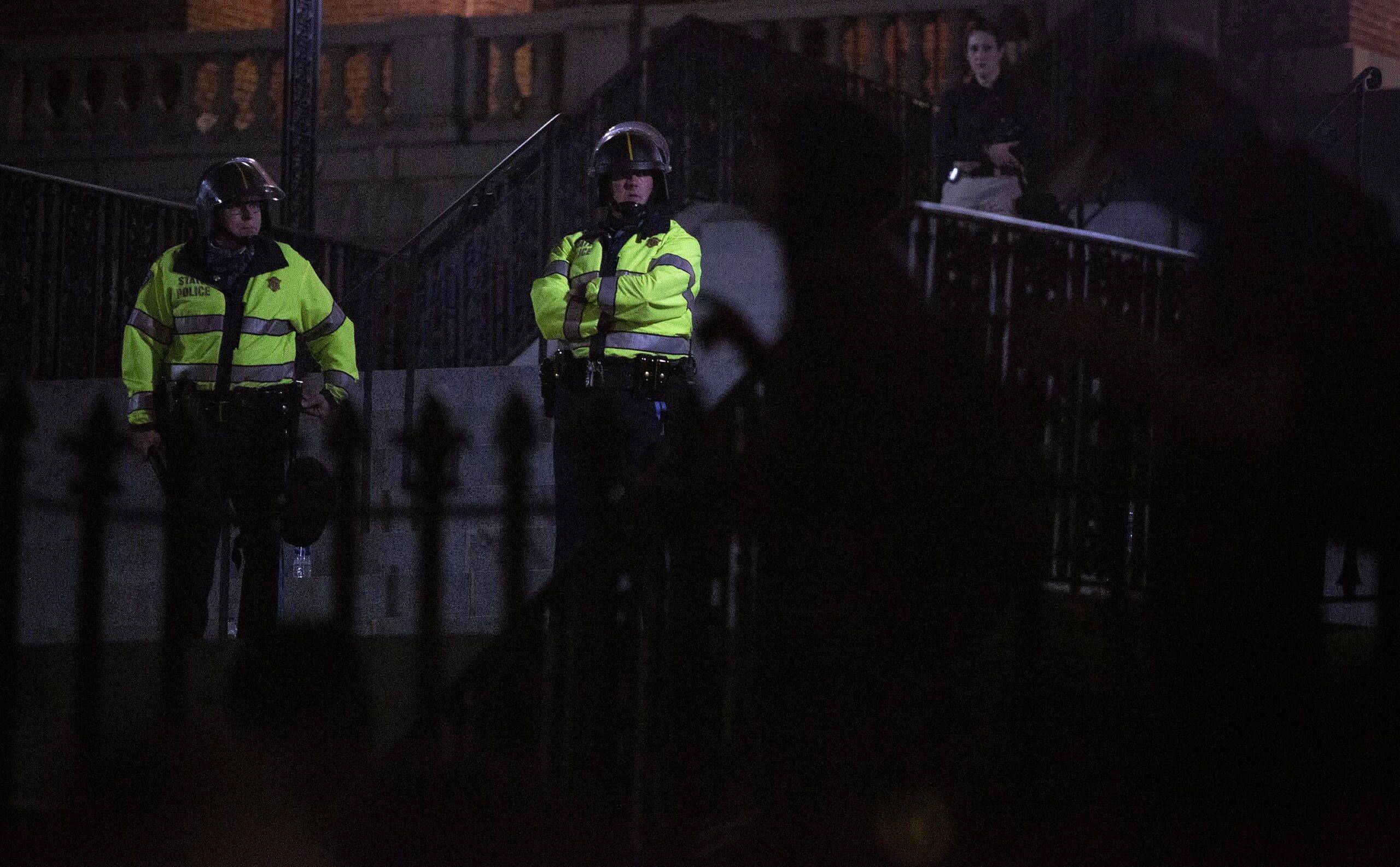If you’re wondering what qualified immunity is and how it applies to police officers, you’ve come to the right place. Qualified immunity protects government employees from liability for routine decisions and actions, which often lead to unethical police officer behavior. Here are some of the ways this protection can be harmful to police officers. Listed below are a few of the most common uses of qualified immunity police officers.
Qualified immunity shields government officials from liability
Qualified immunity is a legal doctrine that protects government officials from liability when they violate the rights of others. A government official’s actions are only liable if the individual’s actions are based on a violation of an established law or the person would have known about it if the official were in their position. In most cases, qualified immunity is available at the outset of a case, so courts generally apply it early on.
In order to invoke qualified immunity, a plaintiff must prove that the government worker violated the Constitution or harmed them in some way. This standard has been set by the Supreme Court in the case of Nashville police officers. A prison guard was granted qualified immunity because he used pepper spray on an inmate, while a police officer used a baton to chase him away. However, it is not easy to establish that a government worker violated the Constitution.
It protects routine decision-making
Official immunity provides protection for police officers when they exercise their judgment and discretion in routine decision-making. It applies when the decisions are not reckless or wanton. Discretionary decisions are those that involve personal deliberation and professional judgment, reflecting the facts of the situation and the law. The decision to arrest, use force, or pursue is an example of a discretionary action. Official immunity for police officers can protect these officers from lawsuits if the reasons for their actions were logically based and well thought out.
Proponents of qualified immunity reform have varied perspectives on this issue. They have argued that it protects private property and law enforcement accountability, while those on the left have focused more on racial justice and police reform. Several petitions have been filed in the Supreme Court addressing the issue. Regardless of which position you take, the issue of police immunity is a hot topic. There are many possible solutions to this problem, and a bipartisan solution is within reach.
It shields routine actions
In some situations, police officers may be protected from liability for their routine actions because they acted in good faith. This is important because officers are often required to make split-second decisions, especially during stressful situations. In such circumstances, the police officer is unlikely to make the best choice because of the possibility of being sued. However, if a police officer makes a decision based on his or her professional judgment, he or she may be protected.
However, qualified immunity for police officials can make it difficult for responsible police officers to combat negative public perceptions of policing. Not only does it hurt the victims, it also erodes public trust in the police force. The only way to restore the public’s trust is for law enforcement officers to be held accountable for their actions. But how can we combat qualified immunity? We can begin by reading up on this important topic.
It encourages unethical behavior by police officers
Moral licensing is a common problem among police officers, but the phenomenon isn’t unique to this field. Police officers often believe that certain victims are deserving of or even attract victimization. This mindset makes unethical actions seem acceptable and less controversial. Despite the widespread problem, there is a cure for moral disengagement. Here are some suggestions for preventing moral disengagement from becoming a problem for your department.
The first step toward preventing police misconduct is to create an environment in which employees feel safe. While most organizations prohibit officers from disclosing misconduct, they can redact names and make the information anonymous. Similarly, organizations can consider publishing a monthly report of police misconduct. This can deter employees from misbehaving and can require buy-in from the union. But it’s not enough to simply implement policies that prohibit unethical behavior.
It has attracted a diverse ideological coalition
A diverse ideological coalition will increase a government’s chances of governing in the long run. Interestingly, the longer and more diverse the coalition, the lower its risk of dissolving. It is important to note that issue diversity affects coalition lifecycle. Generally, governments with more issue diversity tend to last longer. However, this does not mean that there are no challenges in forming a coalition. The key is to create a structure that facilitates coalition formation.
It has been denied in some states
The concept of qualified immunity for police officials has faced challenges from both sides of the aisle. Opponents of the doctrine contend that it deters police officers from using necessary force when doing their jobs. However, the policy has many supporters. Many officers fear that using force against black people will result in their termination. This fear may also be part of the reasons why some choose to leave the profession entirely. Police commissioners like Baltimore’s Michael Harrison say that qualified immunity for police officials will not result in increased use of force by law enforcement.
Many people have argued that qualified immunity is a constitutionally required protection for police officers. This policy protects police from lawsuits when they violate constitutional rights. While qualified immunity is necessary for law enforcement, it also protects the minority of officers who commit unlawful acts. This further weakens the public’s trust in the police. This is especially important for officers tasked with protecting the public.

